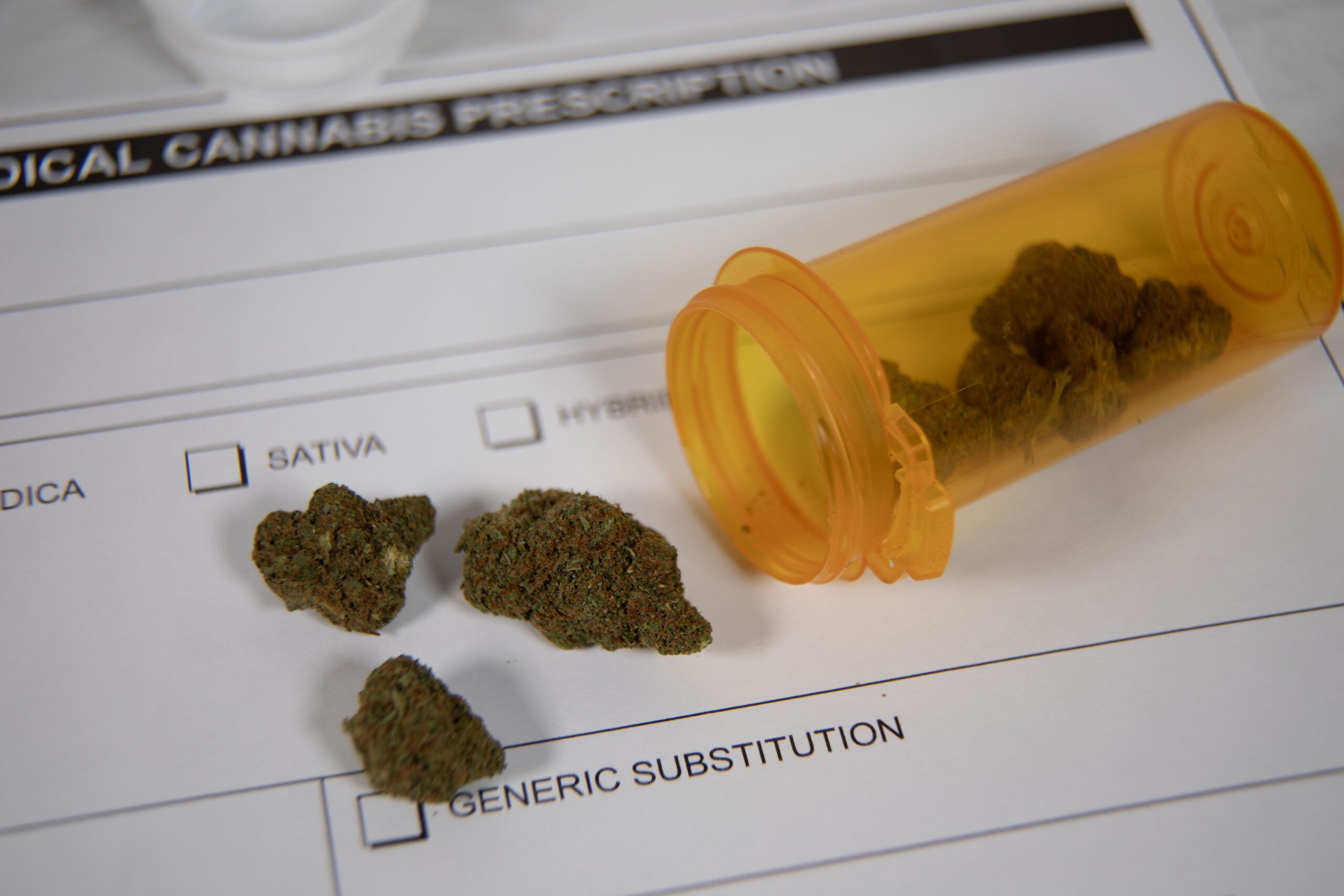In Florida, the medical cannabis industry has rapidly expanded since the state legalized its use in 2016. With over 800,000 registered medical cannabis patients in the state, Floridians rely on licensed dispensaries for their cannabis needs. Many patients opt for delivery services, while others wonder if they can grow their own cannabis. This article explores the options for Florida residents with medical cannabis cards, focusing on deliveries, growing, and the pros and cons of each approach.
Deliveries: Convenience at Your Doorstep
For many Floridians, medical cannabis deliveries offer an easy and convenient way to access their medication. With Florida’s sweltering heat and busy schedules, this method of getting cannabis directly to your home is a huge perk. Licensed dispensaries like Trulieve, Surterra, and Fluent offer delivery services, making it simple for patients to stay consistent with their treatment plans.
Pros of Delivery Services:
- Convenience: Patients don’t need to leave their homes to pick up medication.
- Privacy: No need to visit a dispensary in person, maintaining discretion.
- Consistency: Reliable delivery schedules help maintain a steady supply.
Cons of Delivery Services:
- Fees: Delivery costs can add up, making it less cost-effective than in-store purchases.
- Availability: Not all products available at dispensaries are listed for delivery.
- Wait Times: Same-day delivery might not always be available in more rural areas.
Growing Medical Cannabis in Florida: Is It Legal?
While many states with legalized cannabis programs allow medical patients to grow their own plants, Florida does not. As of 2024, medical cannabis patients in Florida are not permitted to grow cannabis at home. All medical cannabis must be obtained through state-licensed dispensaries, ensuring product quality, dosing accuracy, and consistency in treatment.
This can be frustrating for patients, especially those who want to grow their own plants for personal use, but Florida lawmakers have not moved forward on any bills that would allow home cultivation.
Pros and Cons of Growing (in States Where Legal)
Though Florida does not currently permit cannabis cultivation, let’s explore the potential pros and cons if the state ever adjusts its policies to allow home growing:
Pros of Growing:
- Cost Savings: Growing your own plants can significantly reduce the cost of cannabis in the long run.
- Control: You know exactly what you’re getting in terms of strains, growing methods, and pesticide use.
- Supply: Growing at home means having a personal supply without relying on dispensary stock.
Cons of Growing:
- Upfront Costs: Initial costs for seeds, lights, and growing equipment can be substantial.
- Time and Labor: Growing cannabis requires daily care, proper conditions, and patience.
- Legal Limits: States that allow home growing often set strict limits on the number of plants and harvested amounts a patient can have at a time.
For example, in states like California or Colorado, medical patients are usually allowed to grow around 6 to 12 plants. If Florida were to legalize home growing, there would likely be similar restrictions. Exceeding those limits could lead to legal trouble, fines, or the loss of a medical cannabis card.
Can Florida Patients Do Both?
Since growing is not an option in Florida, patients rely solely on dispensaries for their cannabis needs. This makes the combination of delivery services and in-store pickups the most practical method for patients to get their cannabis. Having the option to order products online for delivery and visiting a dispensary in person gives patients flexibility and a backup plan in case of delays or shortages.
Final Thoughts
For now, medical cannabis patients in Florida must rely on state-licensed dispensaries for their medication, either through delivery or in-person purchases. While the convenience of delivery is a major benefit, the inability to grow at home limits patients who might prefer a more hands-on approach to managing their health. Should Florida ever legalize home growing, it could offer additional flexibility and control for medical cannabis patients, but that change remains uncertain.






